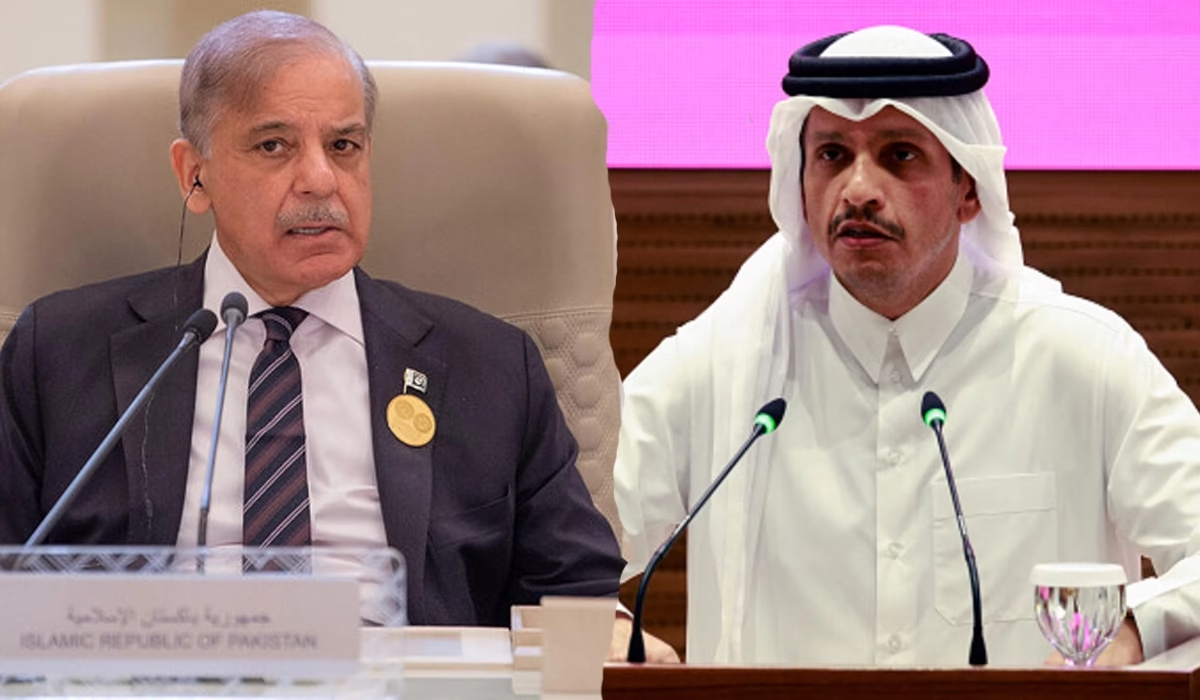The Prevention of Electronic Crimes Act (PECA) has once again come under the spotlight as the Senate Standing Committee on Information and Broadcasting reviewed its implementation this week. Chairman Barrister Ali Zafar ruled that 372 cases registered under PECA by provincial authorities were illegal and must be withdrawn immediately. This decision highlights growing concerns about misuse of the law, particularly against journalists and citizens exercising their right to free expression.
Senate Committee Reviews Implementation of PECA
During the meeting, Senator Ali Zafar emphasized that no citizen should be prosecuted unlawfully after the recent amendments to the Prevention of Electronic Crimes Act (PECA). To ensure proper implementation, the committee decided to form a sub-committee that will oversee compliance and recommend further safeguards against misuse.
According to the committee’s findings, 19 PECA cases were filed in Islamabad, none of which involved journalists. However, provinces had illegally registered 372 cases despite losing jurisdiction after the law’s amendment. The chairman stressed that such cases undermine both justice and credibility of the cybercrime framework.
Misuse of PECA and Concerns of Censorship
Senator Ali Zafar pointed out that while the Prevention of Electronic Crimes Act (PECA) is essential for tackling cybercrimes, it must not become a tool of censorship. Referring to a report submitted before the committee, he noted that many cases filed under the label of “anti-state” were vague and required clearer definitions. He warned that criticism of government policies—such as flood response or governance issues—should not be treated as a criminal offence under PECA.
He further clarified that genuine offences such as incitement, hate crimes, or sectarian violence must be prosecuted, but lawful criticism should not be silenced in the name of national security.
Cybercrime Statistics Shared by NCCIA
The National Cyber Crime Investigation Agency (NCCIA) shared detailed statistics on cases registered under the Prevention of Electronic Crimes Act (PECA). According to their report:
- A total of 1,214 cases were registered nationwide.
- 611 cases related to financial fraud.
- 320 cases were connected to harassment.
- 10 cases were filed against journalists.
- In Islamabad alone, 19 cases were reported with no arrests made so far.
The NCCIA also revealed that in recent months, Rs10 million had been recovered in WhatsApp-related hacking cases. In one particular case, Rs1.3 million was recovered in a financial fraud where parliamentarians were targeted by scammers misusing the name of Senator Irfan-ul-Haq Siddiqui.
Senators Highlight Abuse and Harassment
Several senators raised their personal experiences of cyber harassment and fraud during the session. Senator Irfan-ul-Haq Siddiqui shared that scammers had been using his name to defraud members of the National Assembly, with losses amounting to millions of rupees. Similarly, Senator Pervaiz Rashid reported being subjected to harassment and threats after delivering a speech in the Senate, while Senator Syed Waqar Mehdi highlighted a hate-filled vlog against the Sindhi community broadcast by a state television anchor.
These incidents underscored the dual challenge of ensuring that the Prevention of Electronic Crimes Act (PECA) protects citizens from cyber threats while safeguarding freedom of expression.
Balancing Security and Freedom of Expression
One of the central themes of the Senate committee’s discussion was the delicate balance between protecting national security and preserving democratic freedoms. Senator Ali Zafar reiterated that journalists are the “fourth pillar of democracy” and must be allowed to question the government within ethical boundaries. However, planted questions and targeted campaigns against individuals must also be addressed responsibly.
The committee recommended establishing a coordination body to handle complaints from journalists and ensure that grievances are resolved without misuse of PECA provisions.
The Future of PECA and Digital Governance
The Ministry of Interior informed the committee that none of the cases registered under PECA so far were linked to genuine anti-state activities. Most were related to hate speech, harassment, or financial fraud. At the same time, the federal government has approved rules for the upcoming Social Media Regulatory Authority, which will work in parallel with PECA to regulate online platforms more effectively.
While these developments show progress in digital governance, the Senate committee’s ruling to withdraw 372 illegal cases is a critical step toward restoring public trust in the Prevention of Electronic Crimes Act (PECA). Going forward, it will be vital for lawmakers, regulators, and enforcement agencies to apply the law fairly, prevent its misuse, and protect both citizens’ rights and national interests.
The Senate Standing Committee’s latest review of the Prevention of Electronic Crimes Act (PECA) highlights the urgent need for reforms and strict oversight. With over 1,200 cases registered nationwide, including incidents of financial fraud and harassment, PECA remains an essential tool for combating cybercrime. However, its misuse for censorship or unlawful prosecutions threatens to undermine democratic values. By withdrawing illegal cases, forming oversight committees, and strengthening digital regulations, Pakistan can ensure that PECA truly serves its purpose—protecting citizens while upholding freedom of expression.



